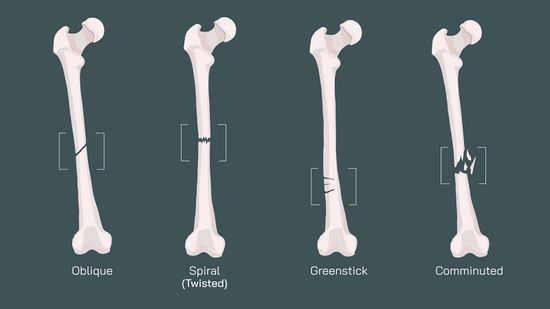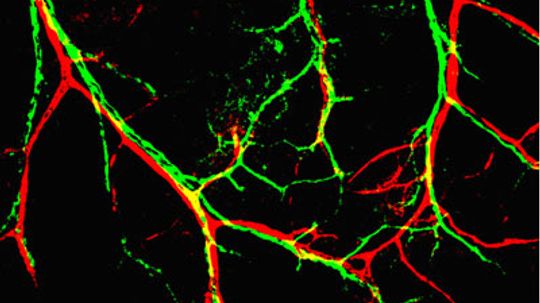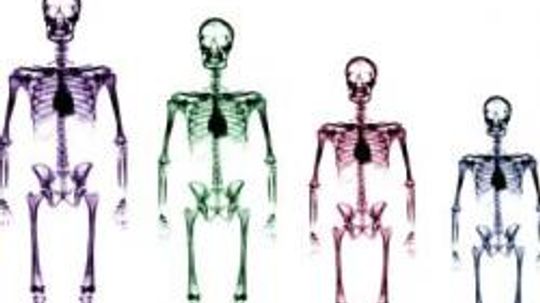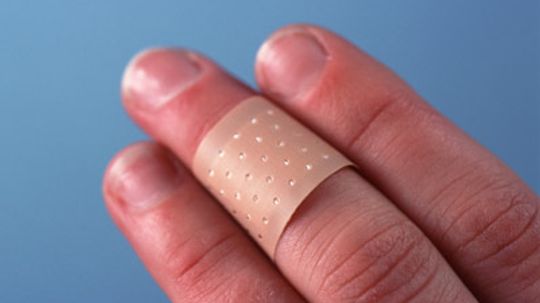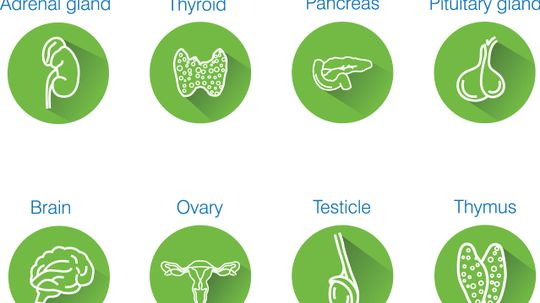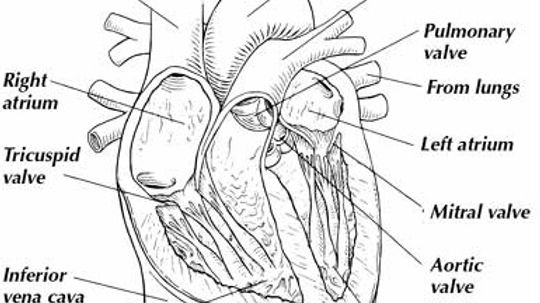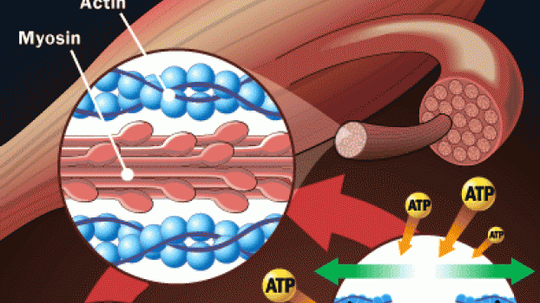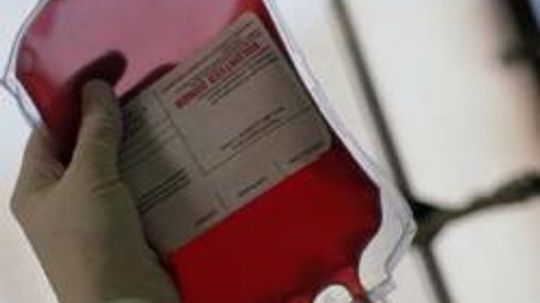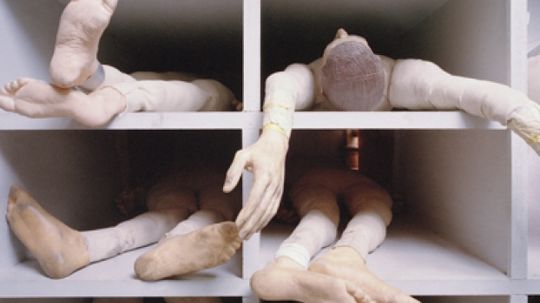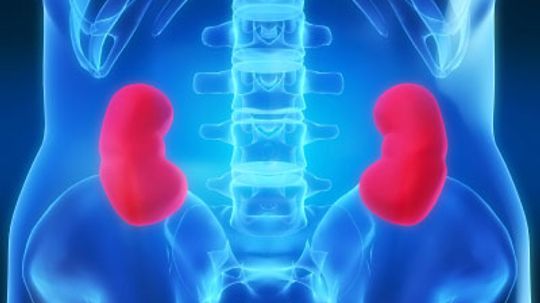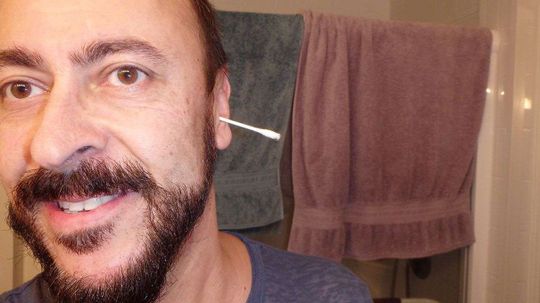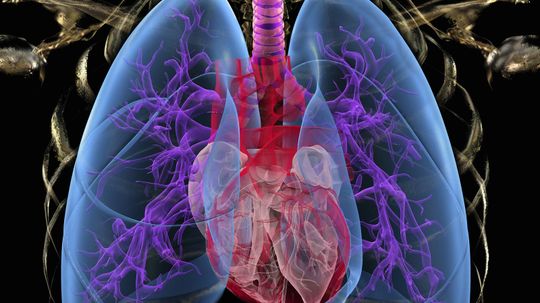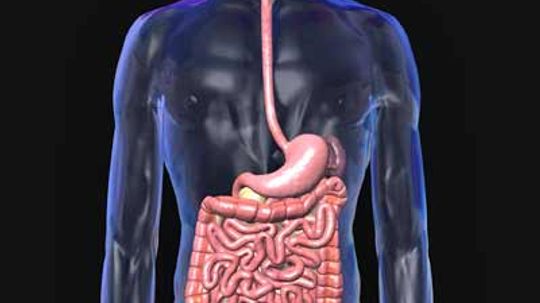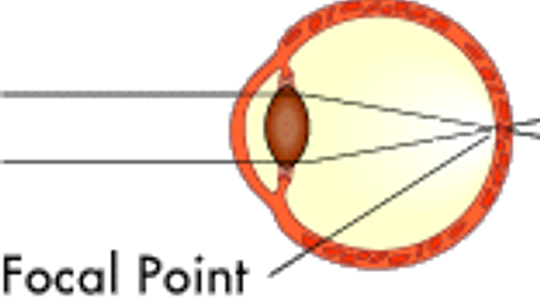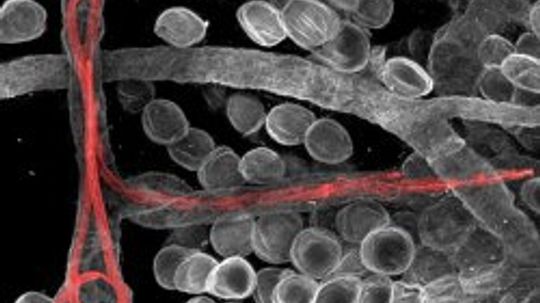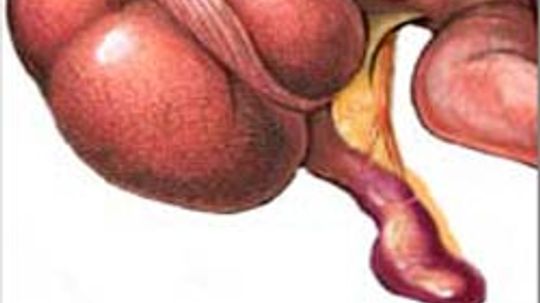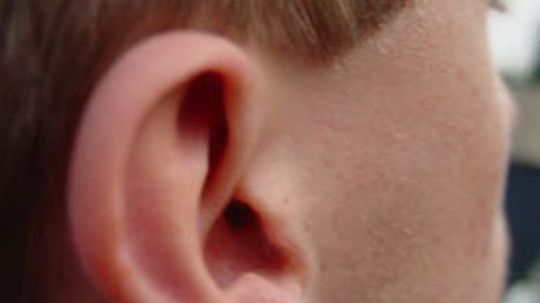Human Body
The human body is an amazing structure made up of many fascinating parts and systems. Learn about the human body and how its systems work together.
Learn More / Page 9
Getting shot is not something anybody hopes will happen, but if it does, where is the best place to take a bullet? Find out what the experts think.
You touch a hot object and immediately drop it. It happens so quickly you don't even think about it. How does this happen? Your nervous system coordinated everything.
Our list of 16 unusual facts about the human body will both shock and enlighten. Did you know that everyone has a unique tongue print or that we shed skin cells the same way a dog sheds hair?
Advertisement
Extra body parts can occur more often than people might think. Doctors call the extra appendages "supernumerary" body parts and these can be found on some famous people in history.
Finding out what shape your memory is in should be the first step in trying to improve it. Test your memory to find out if those memory glitches are normal.
You can improve your memory by taking several simple steps. You can make the decision to get better at remembering things today! Learn more about sharpening your memory in this article.
Worried about memory loss? Fear not, there are still lots of lifestyle changes you can make to help prevent it, such as managing stress. Learn more about memory-saving lifestyle changes in this article.
Advertisement
Can humans regrow fingers? Fetuses can regrow almost anything that gets damaged while in the womb. But can adult humans can regrow fingers?
By Julia Layton
Exoskeletons normally cover insects, not humans. Why would a human ever want one? Is the possibility of an exoskeleton for humans just around the corner?
The nervous system is a complex network of specialized tissues that regulates thoughts, emotions, actions, sensations, and body functions. It has two major divisions: the central nervous system and the peripheral nervous system.
The endocrine system comprises a number of glands that produce hormones with a varied array of vital functions. Hormones control or regulate the development or function of structures throughout the body.
Advertisement
Healthy digestion involves the whole body. Learn about the processes and body parts that go into digestion.
The heart is one of the strongest muscles in the body. Learn about this extremely vital part of the body.
Muscles are one of those things that most of us take completely for granted, but they're the body's engine. Without our muscles, we couldn't walk or talk -- and our blood would stop flowing.
When you donate blood, your blood type is an important factor in how useful your donation may be. Just what are blood types?
Advertisement
Having a limb fall asleep can range from annoying to downright painful. See what's going on inside your arm or leg when it falls asleep.
The kidneys spend 24 hours a day, seven days a week filtering gallons and gallons of blood. But that's not all these little bean-shaped organs accomplish in a day.
We humans act in our own self-interest, but when it comes to cotton buds and ears we do exactly what science says not to. And yes, your doctor can tell.
You couldn't breathe without your lungs and you do it without even thinking about it. So, how do your lungs manage this amazing feat?
Advertisement
Ever wonder how your stomach acid attacks the food inside it but not the stomach itself?
Millions of people have refractive vision problems -- when the eyes get blurry or can't focus on an object. Learn about four major types of refractive vision problems.
If you've ever laced your fingers together, turned your palms away from you, bent your fingers back and heard a loud crack or pop, you know what knuckle-popping sounds like. So, what would happen if you popped your knuckles all the time?
Lymph is a commonly-used medical term, but what's it mean exactly?
Advertisement
Your appendix is really a pretty mysterious organ. Find out why you have an organ that's not necessary to your survival.
Your ears are very sensitive to the air or water pressure around them. But just what happens when you dive into that pool?



